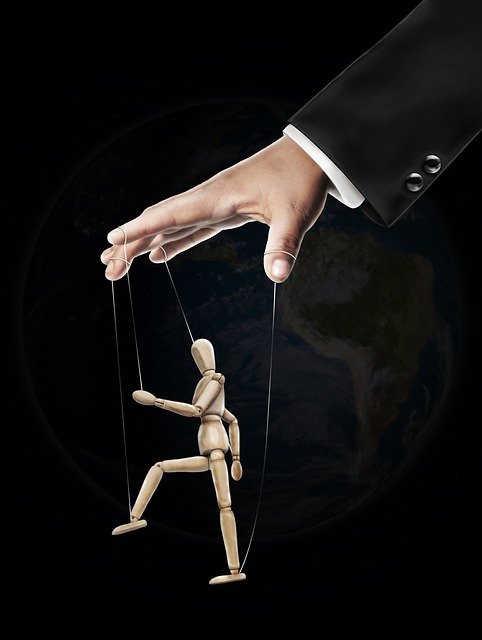20/02/26
Can someone’s political identity actually affect their ability to process information? The answer lies in a cognitive phenomenon known as partisanship. While identifying with social groups is an essential and healthy part of life, it can become a problem when the group’s beliefs are at odds with reality. So how can we recognize and combat partisanship? Jay Van Bavel shares helpful strategies.
.
Watch:
Glossary
- rash – small red spots on the skin
- predictor – something that helps you predict something that will happen in the future
- variable – a factor that can change in quality, quantity, or size, which you have to take into account in a situation
- to come into play – to start to have a use or an effect in a particular situation
- to align with – to give support to
- partisanship = bias – support for a person or group without fair consideration of the facts and circumstances
- biased – favouring one side or issue over another
- at odds – in conflict
- tension – mental or emotional strain
- to be in limbo – to be in a situation where you seem to be caught between two stages and it is unclear what will happen next
- to be grounded in sth – to be based or rooted in something (usually a thought or belief)
- polarization – division into two sharply contrasting groups or sets of opinions
- to cluster together – to gather together in a small group
- to affirm – to state something as true; to publicly show your support for an opinion or idea
Answer the following questions:
- What did the experiment prove?
- What is cognitive dissonance?
- What are some of the tools helping us solve the problem of partisanship?
- Do you believe in the thesis that your political identity can affect your ability to process information?
- Do you identify yourself with any social group?
- Have you ever felt persuaded by the social group you identify yourself with to change your mind about a situation/fact/piece of news?
- Can you think of an incident in your country’s political life when evidence was rejected because it was inconsistent with the party line or discredited party leaders?
- Do you agree with the statement that we are more biased than we think we are?
- Are there any political hot potatoes in your country?
- Do you like having arguments about politics?
Practice Makes Perfect
Fill in the gaps in the sentences below with the words in bold (explained in Glossary)
tension rash come into play
biased limbo odds
- What do you do when you break out in a …..?
- In what situation could we say somebody`s opinion is …….. ?
- Have you ever felt stuck in ……. (you could not go forward or go back)?
- Have you ever felt your colleague`s behaviour was at ….. with the interests of the company (you both worked for)?
- Have you ever sensed a ……. in the air when entering a room?
- If you have children, does the topic of them often …….. into …… when you meet with other parents?
ANSWERS: 1. rash; 2. biased; 3. limbo; 4. odds; 5. tension; 6. come (into) play
Answer the above questions now.
Explore it more to create your own teaching-learning experience!
A Former Psychiatrist Made a Bot That Helps You Talk Politics With Relatives Without a Fight
Read:
Political-conversations-holidays-angry-uncle-bot
(1466)





